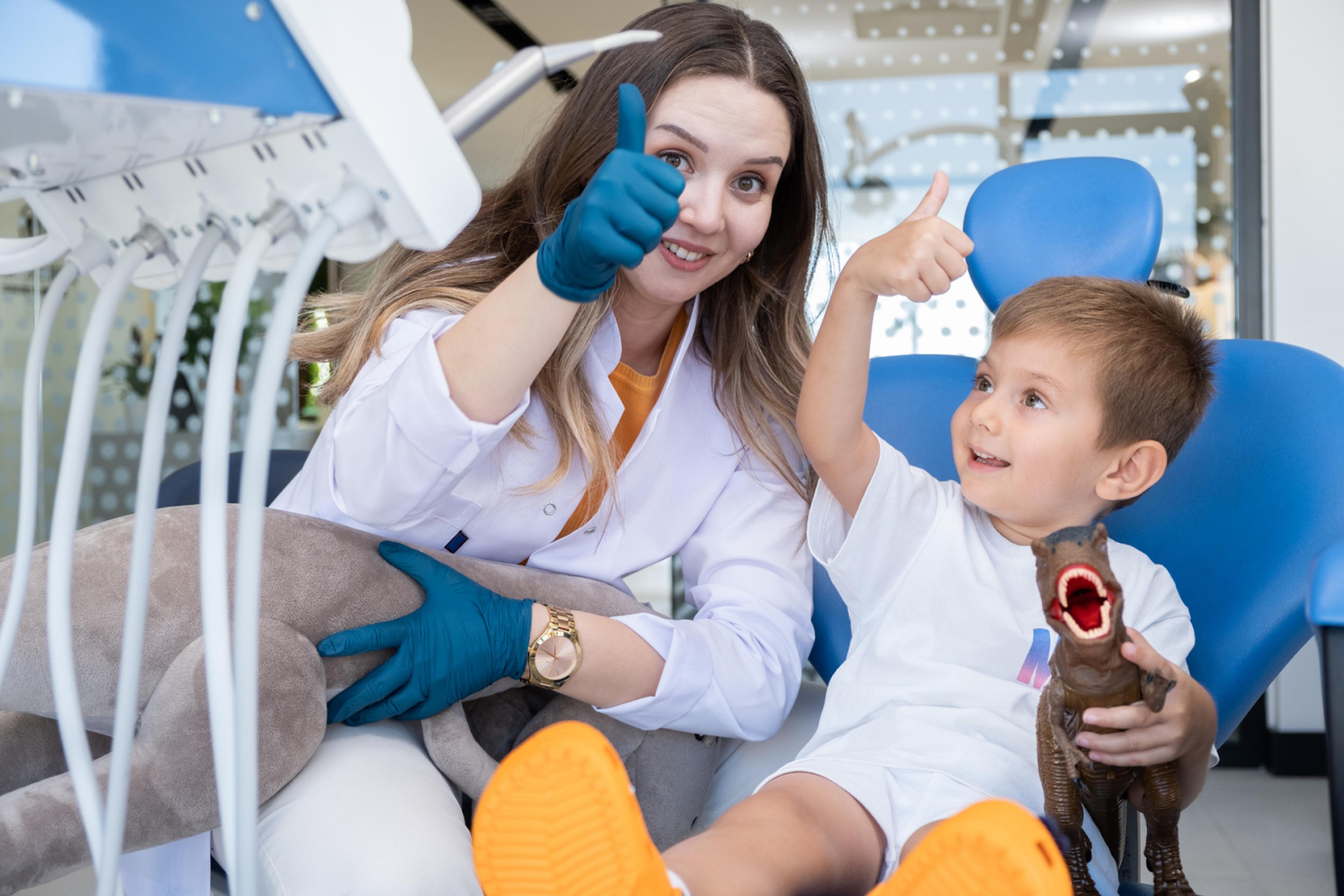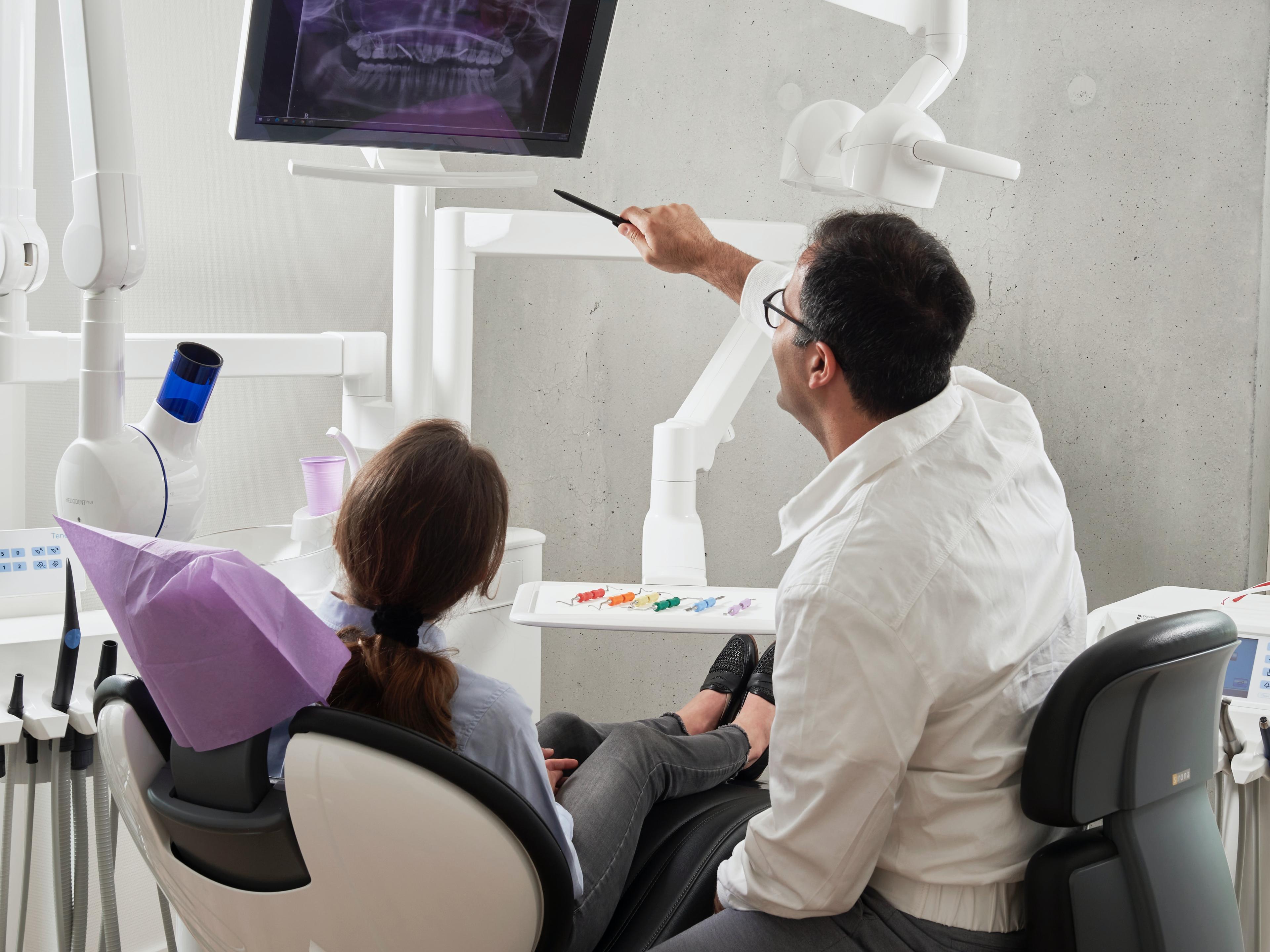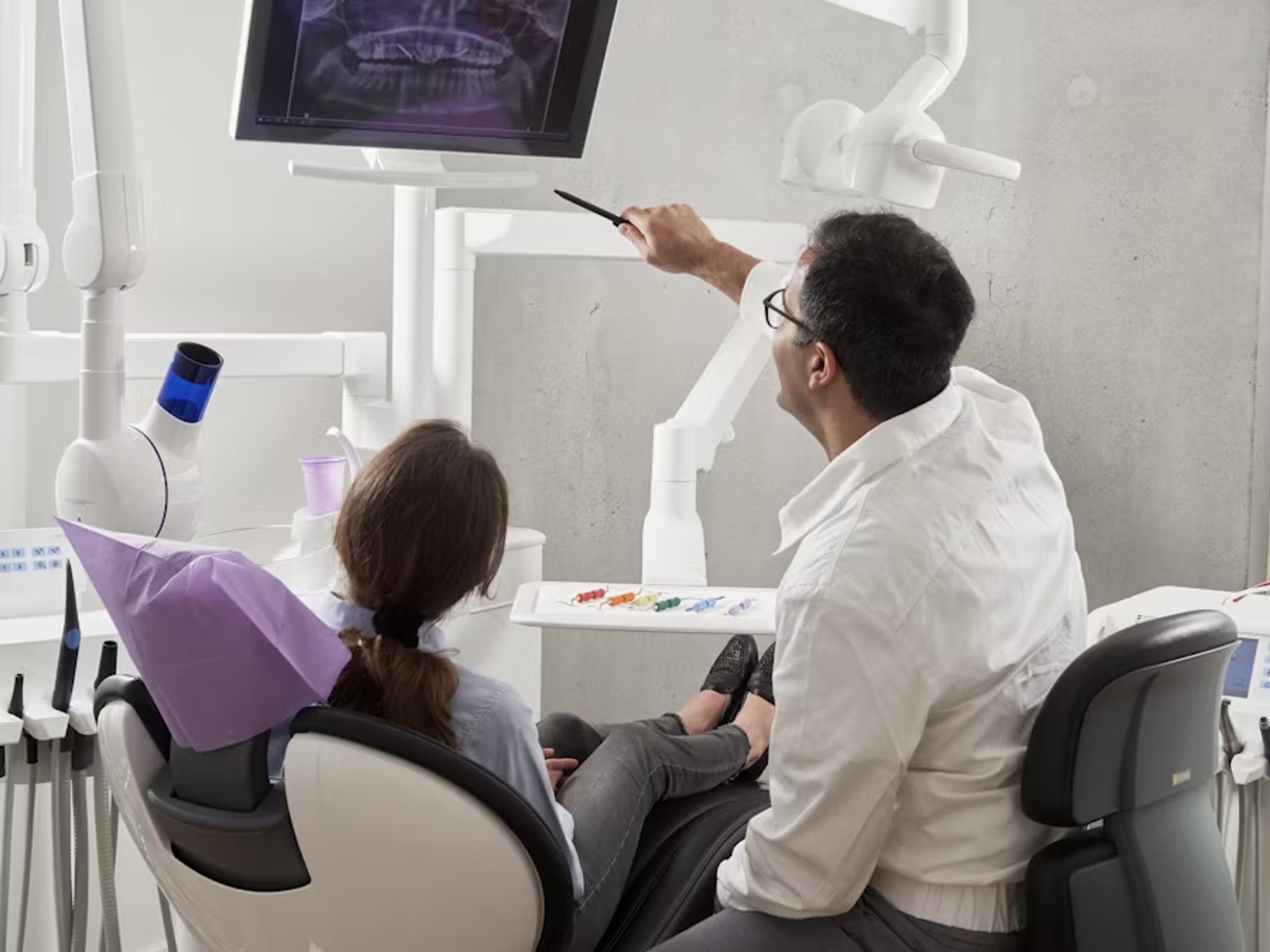Planning Your Dental School Applications: How Many Schools Should You Apply To?
If you're planning to apply to dental school, you may be wondering how many schools you should apply to.
Posted June 13, 2025

Table of Contents
If you're planning on pursuing a career in dentistry, you might be wondering how many dental schools you should apply to. It's a crucial decision, and one that shouldn't be taken lightly. The number of schools you apply to can affect your chances of getting accepted, your budget, and your overall stress level. In this article, we'll explore the various factors you should consider before deciding on the number of dental schools to apply to. By the end of this article, you'll have a clear idea of how many schools you should apply to and how to create a solid list of dental schools that meet your needs and requirements.
Factors to Consider Before Deciding on the Number of Dental Schools to Apply To
Before applying to dental schools, you need to consider several factors that may impact the number of schools you should apply to. Here are some of the factors you should think about:
- Your academic credentials, such as your GPA and standardized test scores
- Your budget, including application fees and travel expenses
- Your timeline, including when you plan to start dental school
- The location of the dental schools you're interested in
- The requirements and expectations of the schools you're applying to
By considering these factors, you can determine the minimum and maximum number of dental schools you should apply to before finalizing your list.
Another important factor to consider before deciding on the number of dental schools to apply to is the type of program you're interested in. Some dental schools offer traditional four-year programs, while others offer accelerated programs that can be completed in three years. Additionally, some schools may offer specialized programs in areas such as orthodontics or pediatric dentistry. Depending on your interests and career goals, you may want to apply to a mix of traditional and specialized programs.
Understanding the Admission Process for Dental Schools
It's essential to understand the admission process when applying to dental schools. Dental schools typically use a holistic approach to evaluate applicants, which means that they consider various factors beyond your academic credentials, such as your personal qualities, experiences, and goals. The admission process includes three main components:
- Academic Credentials: This includes your GPA, DAT score, and other standardized test scores.
- Extracurricular Activities: This includes your volunteering, work experience, research, and leadership experiences.
- Personal Statement and Recommendations: This includes your personal statement and letters of recommendation from professors, dentists, and other professionals.
To increase your chances of getting accepted into dental school, you need to have a strong application that showcases your strengths and achievements. Applying to a diverse range of schools can also increase your chances of getting accepted.
How to Research and Shortlist Dental Schools to Apply To
Before applying to dental schools, you need to research and shortlist the schools that meet your criteria and preferences. Here are some of the steps you can follow:
- Browse dental school rankings and reviews to get an idea of the top schools in the country.
- Consider the schools that are located near your desired location or have a strong reputation in the specialty you're interested in.
- Research the school's admission requirements and expectations to ensure that you meet their criteria.
- Visit the school's website and social media pages to get a feel for the school's culture, curriculum, and facilities.
By shortlisting schools that fit your criteria and preferences, you'll have a better chance of getting accepted into dental school.
Creating a Balanced List of Reach, Target, and Safety Dental Schools
When creating your list of dental schools, it's essential to have a balanced mix of reach, target, and safety schools. Reach schools are schools that may be a stretch for your academic credentials but are worth applying to due to their reputation. Target schools are schools that match your academic credentials and are within reach. Safety schools are schools where your academic credentials exceed their requirements, and getting accepted is highly likely. By having a balanced list, you can increase your chances of getting accepted into dental school while still pursuing your dream school.
Strategies for Narrowing Down Your List of Dental Schools
Once you have the list of dental schools, it's time to narrow it down to a manageable number. Here are some strategies you can follow:
- Eliminate schools that don't match your criteria or preferences.
- Eliminate schools that have admission requirements or expectations that you don't meet.
- Limit the number of reach schools you apply to, as they are highly competitive.
- Add more target and safety schools to ensure that you have a higher chance of getting accepted into at least one school.
- Consider the cost of application fees and travel expenses when eliminating or adding schools to your list.
By narrowing down your list, you can focus on a smaller number of schools and increase your chances of getting accepted.
Tips for Crafting a Strong Personal Statement that Stands Out
Your personal statement can make or break your application. Here are some tips for crafting a strong personal statement that stands out:
- Start with an attention-grabbing introduction that tells your story and why you're interested in dentistry.
- Showcase your strengths, experiences, and accomplishments that demonstrate your passion for dentistry.
- Explain how your experiences have prepared you for dental school and your future career as a dentist.
- Be authentic and genuine in your writing, and avoid clichés or generic statements.
- Proofread and edit your personal statement multiple times to ensure that it's error-free and well-written.
By following these tips, you'll be able to craft a personal statement that highlights your strengths and experiences and showcases your passion for dentistry.
The Importance of Letters of Recommendation in Dental School Applications
Letters of recommendation can provide insight into your character, abilities, and potential as a dental student and future dentist. Here are some tips for securing strong letters of recommendation:
- Ask individuals who know you well and can speak to your character, abilities, and potential as a dental student and future dentist.
- Provide your recommenders with a list of your achievements and experiences that you want them to highlight in their letter.
- Ask your recommenders for their feedback on your personal statement or application contents to ensure that your application is well-rounded and highlights your strengths.
- Follow up with your recommenders promptly and thank them for their time and effort.
By securing strong letters of recommendation, you'll be able to showcase your accomplishments and potential as a dental student and future dentist.
Preparing for Interviews with Dental School Admissions Committees
Interviews with dental school admissions committees are an opportunity for you to showcase your strengths and qualifications as a dental student. Here are some tips for preparing for interviews:
- Research the school's mission, culture, and values, and prepare answers that align with them.
- Practice answering common interview questions, such as why you chose dentistry, what you can contribute to the school, and how you deal with challenges.
- Dress appropriately and arrive on time for the interview.
- Be confident, enthusiastic, and professional, and showcase your passion for dentistry.
- Ask thoughtful questions about the school and the program to demonstrate your interest in the school and your commitment to the profession.
By preparing for interviews, you can impress the admissions committee and increase your chances of getting accepted into dental school.
Budgeting for Application Fees, Travel Expenses, and Other Costs Involved in Applying to Multiple Dental Schools
Applying to multiple dental schools can be expensive, and it's essential to budget your expenses properly. Here are some costs you should consider:
- Application fees
- Travel expenses for interviews and visits to the schools
- Test prep materials and tutoring fees
- Postage and printing costs for sending application materials
- Professional attire for interviews
By budgeting for these costs, you can ensure that you can afford to apply to multiple dental schools without breaking the bank.
Understanding Your Chances of Getting Accepted into Different Dental Schools
When applying to dental schools, it's essential to understand your chances of getting accepted into different schools so that you can adjust your expectations and make informed decisions. Here are some factors that can affect your chances of getting accepted:
- Your academic credentials, including your GPA and DAT scores
- The strength of your application, including your personal statement, letters of recommendation, and extracurricular activities
- The number of applicants and the number of available spots at the school
- The competition for funding, scholarships, and other types of financial support
By understanding these factors, you can evaluate your chances of getting accepted into different schools and adjust your application strategy accordingly.
How Applying to Multiple Dental Schools Can Enhance Your Chances of Getting Accepted
Applying to multiple dental schools can increase your chances of getting accepted by providing you with more opportunities to showcase your strengths and achievements. By applying strategically and diversifying your school list, you can increase your chances of getting at least one acceptance letter. Applying to multiple schools can also provide you with leverage when negotiating offers and financial support from different schools.
Making the Final Decision on Which Dental School(s) to Attend
After receiving acceptance letters, you need to make the final decision on which dental school(s) to attend. Here are some factors you should consider before making the decision:
- The cost of attendance, including tuition, fees, and living expenses
- The location of the school and the availability of housing, transportation, and other amenities
- The quality of the program, including the curriculum, faculty, research opportunities, and clinical experiences
- The reputation of the school and its graduates in the profession
- The potential for future career opportunities and advancement
By considering these factors, you can make an informed decision that meets your needs and goals.
Dealing with Rejections and Moving Forward in Your Journey Towards Becoming a Dentist
Rejections are an inevitable part of the dental school application process, and it can be disheartening to receive rejection letters. However, it's essential to stay positive and focus on your long-term goals. Here are some tips for dealing with rejections:
- Take time to process your emotions and reflect on what you could have done differently.
- Reach out to admissions committees for feedback or advice on how to improve your application for the next cycle.
- Consider retaking standardized tests, gaining more experiences, or improving your GPA to strengthen your application for the next cycle.
- Stay connected to your support network, including family, friends, advisors, and mentors, who can offer encouragement and guidance on your journey.
By staying positive and focused, you can overcome rejection and move forward in your journey towards becoming a successful dentist.












